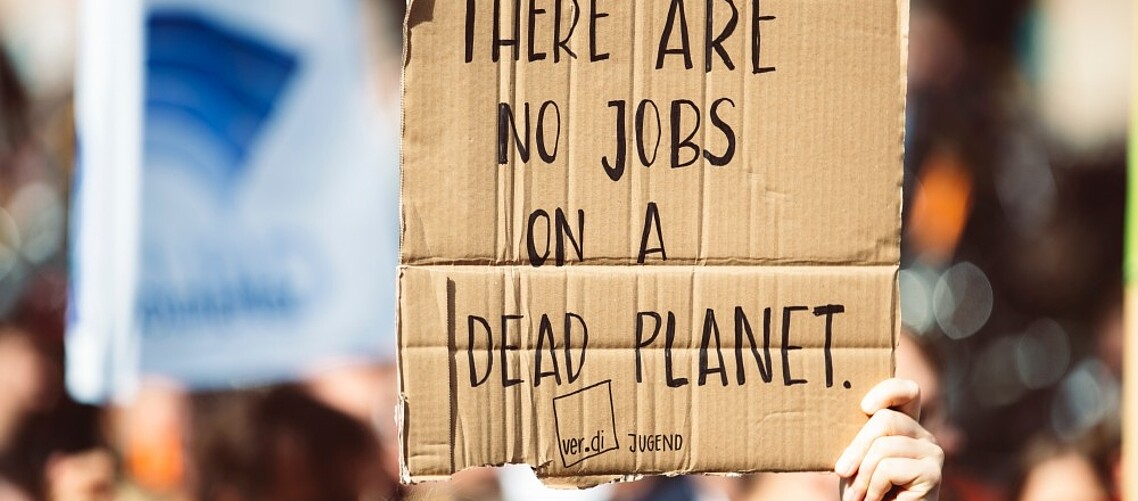How can our economic system for the production of public and private goods achieve [JW1] [MOU2] sustainable development? In the market economy, the government is exclusively responsible for public goods, while companies produce private goods. The market economy is capable of delivering economic growth and profits, but brings social inequality and economic degradation.[JW3]
By contrast, in a state economy, the state is ultimately responsible for producing public and private goods, but this comes at the cost of efficiency and individual development.
The impact economy takes the middle ground [JW4] (Schoenmaker, 2020). While the government produces classic public goods, the government and companies care about the common good of sustainable development. They do so by balancing profit and impact. Lima de Miranda and Snower (2020) promote a balanced dashboard of economic, social and environmental indicators to evaluate current and future well-being.
It appears that the impact economy model is well-positioned to find that balance with appropriate achievements across all three pillars: economic, social and environmental. This is translated into higher scores at country level for achieving the UN’s Sustainable Development Goals (SDGs), and higher CSR scores at company level. The market and state economy models achieve economic growth, but with far lower scores on the social and environmental pillars.
The challenge is to stay away from perceived trade-offs, for example, between growth and environmental protection or social inclusion (Kallis et al., 2018). The idea is that all three dimensions – growth and/or[JW5] profit, social, and environmental – should all become focal points and be properly balanced by governments and companies in the pursuit of long-term sustainable development.
In the impact economy model, steering the economy changes from stimulating GDP to enhancing broad welfare, which includes well-being and sustainability (Stiglitz, 2009). Companies transform from profit-maximising entities into purpose-driven organisations (Mayer, 2018; Edmans, 2020). Decision-making by governments and companies is no longer based only on economic and financial factors, but also on social and environmental factors.
The defining criterion of the impact economy is taking a broad approach in government policy-making and in corporate decision-making covering all three pillars. Institutional innovations, such as putting purpose into corporate law, requiring integrated reporting and stimulating engagement by the financial sector can encourage companies to adopt sustainable business practices.
Responsible education
A transition to the impact economy model requires a change of mindset and new skills to understand the social and environmental pillars. Responsible education can help to build people’s capacities to overcoming the lack of motivation for sustainable action. Responsible education in economics, business and finance aims to develop the capabilities of students to be future generators of sustainable value for society and business. Responsible education is also valuable for professionals who are already working in government and business.
Since the Industrial Revolution, economic and financial capital have accumulated by building on social and natural capital, bringing us material prosperity, but at the expense of rising social inequality and environmental degradation. It is now time to put economic and financial capital at the service of social and natural capital in order to deliver lasting prosperity for all.
Edmans, A. (2020), Grow the Pie: How Great Companies Deliver Both Purpose and Profit, Cambridge University Press, Cambridge.
Kallis, G., V. Kostakis, S. Lange, B. Muraca, S. Paulson and M. Schmelzer (2018). ‘Research on Degrowth’, Annual Review of Environment and Resources, 43, 291-316.
Lima de Miranda, K. and D. Snower (2020), ‘Recoupling Economic and Social Prosperity’, CEPR Discussion Paper, No. 14421.
Mayer, C. (2018), Prosperity: better business makes the greater good, Oxford University Press, Oxford.
Schoenmaker, D. (2020), ‘The Impact Economy: Balancing Profit and Impact’, Working Paper, Erasmus Platform for Sustainable Value Creation.
Stiglitz Report (2009), ‘Report by the Commission on the Measurement of Economic Performance and Social Progress’, Paris.


